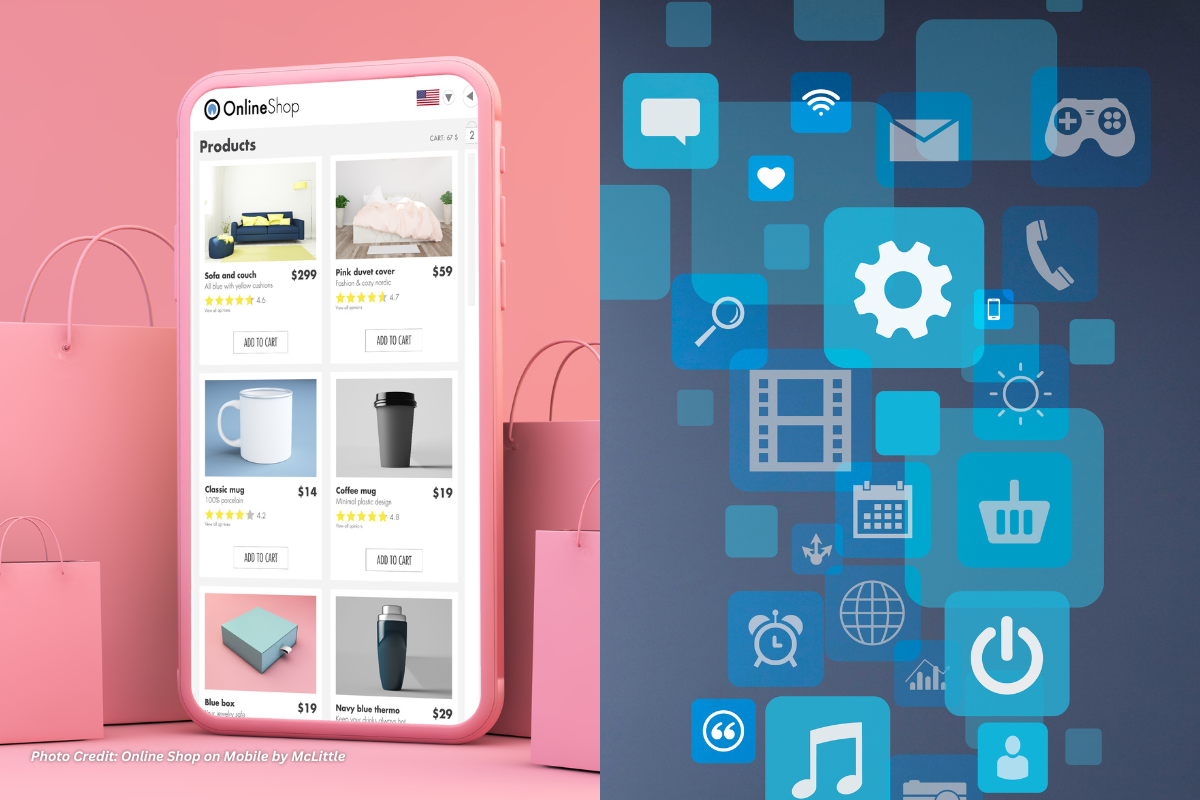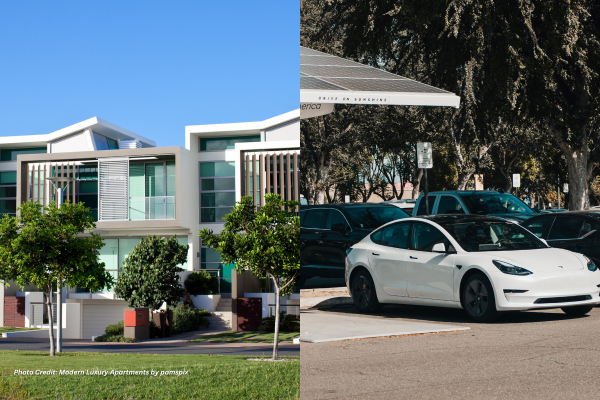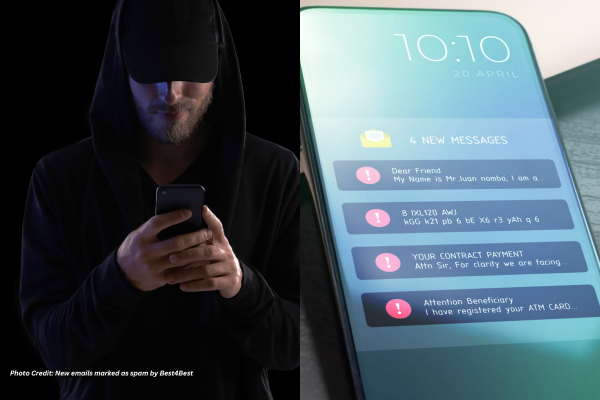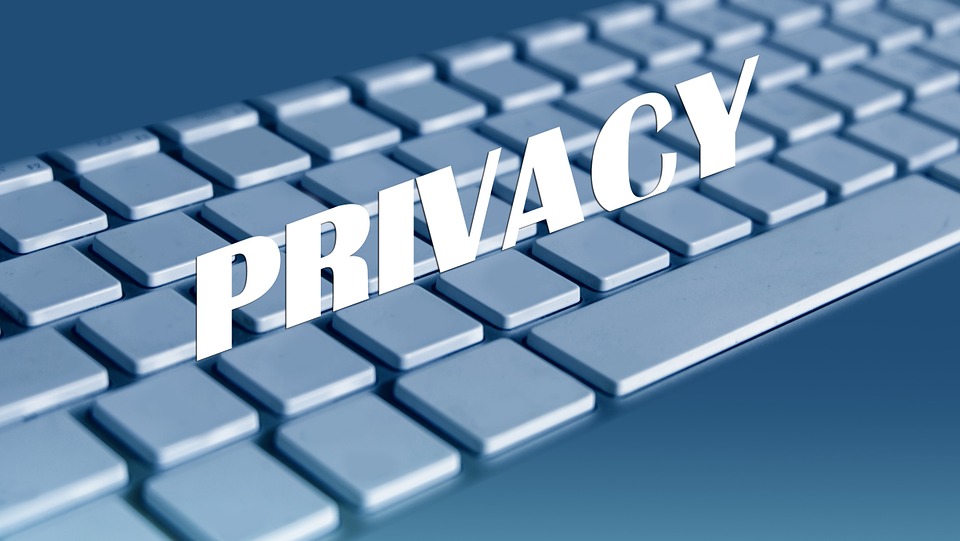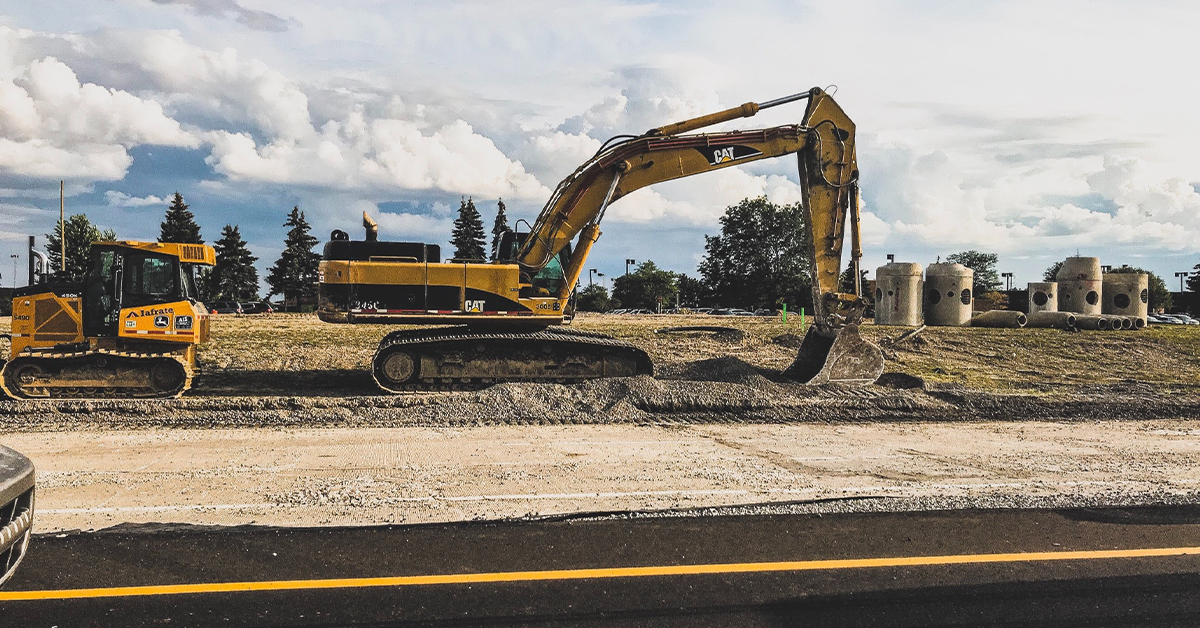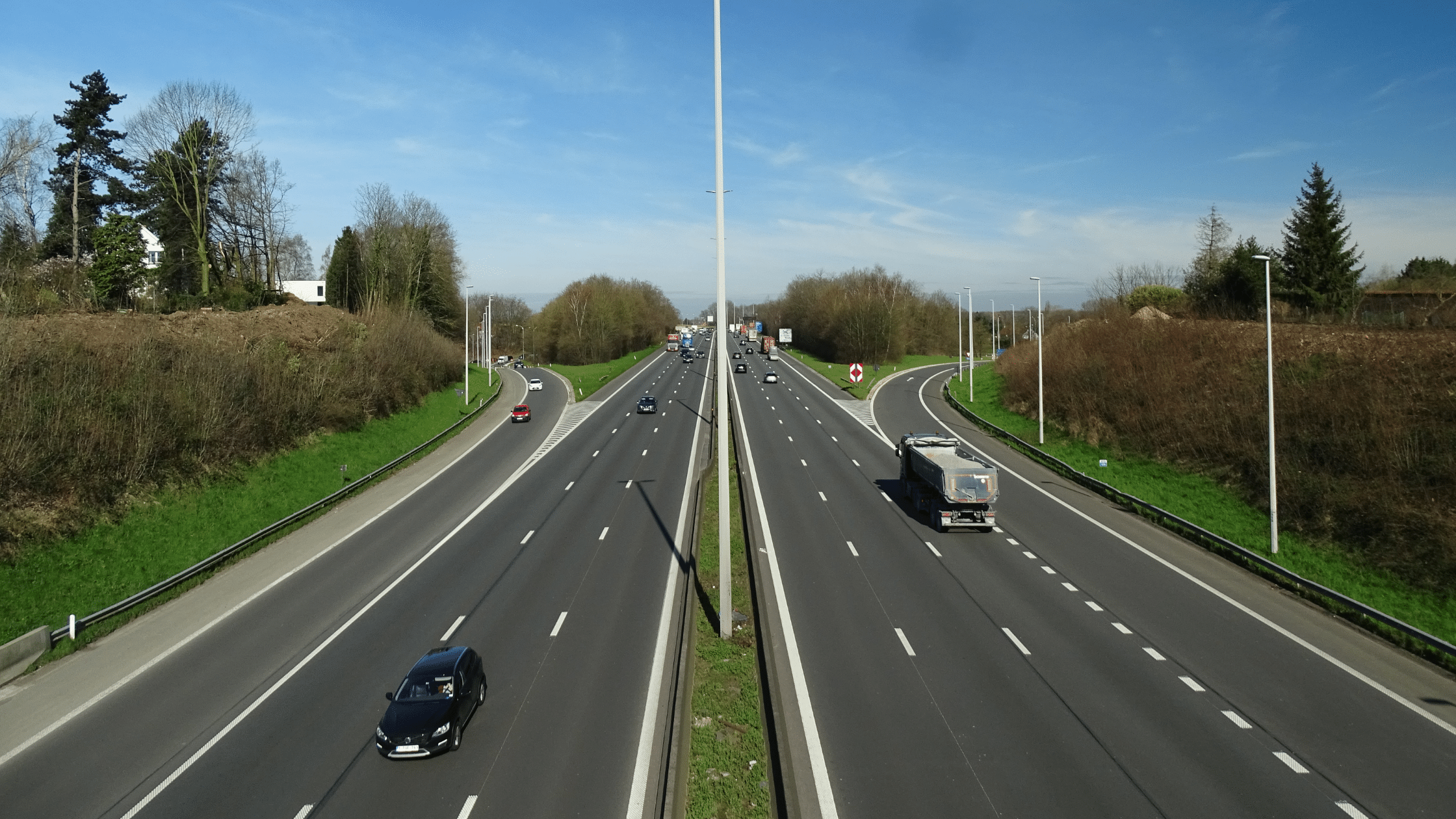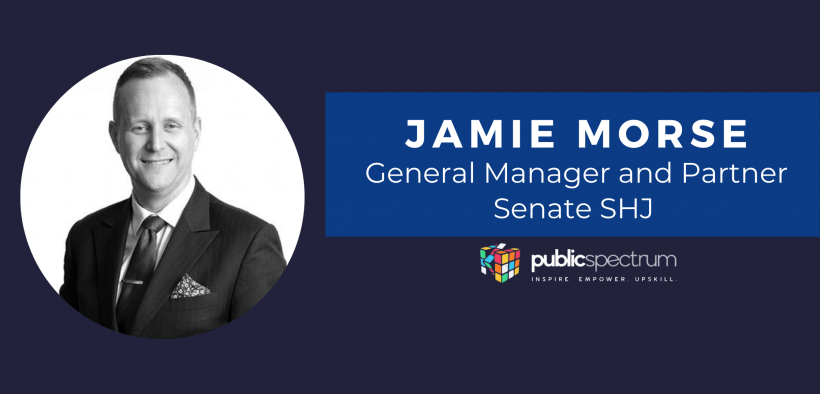Public Sector caught up with Jamie to talk about the importance and role of effective multi-channel strategies for communication within the government and the workplace while the entire world is facing the challenge of transcending the odds brought about by the COVID-19 pandemic.
With approximately 20 years of practice as a communication specialist in the fields of corporate communication and public affairs, Jamie has earned the reputation, credibility, skills respect and knowledge that he generously shares with his audience.
Through the years, he has held senior-in-house and agency roles with huge multinational firms across Australia, Asia and the Middle East where he gained proficiency in the field of multi-channel integration of communication strategies and implementation, risk and reputation management, digital communication crisis and issues.
His professional work directly influences multi-billion-dollar government procurement programs, regional trade agreements, electoral voter registration, and efficient workplace safety.
Before joining SenateSHJ, he was the Campaign Communications Manager with the multinational defence and technology company BAE Systems, where he led successful campaigns to win over contracts valued at $40 billion related to government procurement.
With Jamie’s extensive experience in the international scene, he has led numerous offices offering premier communication consultancy services around the globe. Jamie has also spearheaded multi-market project ventures for clients in NFP, public and private sectors.
Jamie talks about his insights of having good multi-channel strategies for communication within the workplace and the government while dealing with the consequences and the overwhelming challenges caused by the COVID-19 pandemic.
Public Spectrum: Can you share an experience when effective multi-channel communications strategies influenced government programs you work with positively?”
Jamie Morse: I worked on a campaign for the Australian Electoral Commission (AEC) in 2016 to help grow youth voter enrolment numbers ahead of the Federal Election that same year.
The team I was part of recommended AEC use digital and social media channels for the campaign, something they had not tried before.
We did this by partnering with AFL and NRL clubs to have high-profile sports stars deliver advocacy and messaging encouraging young people to enrol to vote.
This was supported by online advertising targeted at people aged between 18-24, and paid partnerships with national radio stations which likewise targeted the youth demographic. The campaign helped to raise first-time voter enrolments by 20% nationally – the highest rise ever in advance of a Federal Election.
PS: Why is it important for crisis response to be provided during the COVID-19?
JM: Where do I start? Public panic, social cohesion, managing the public health response to ensure it doesn’t collapse, managing the economy so it doesn’t collapse. Pretty much everything people need to do and must do to ensure individual and collective safety and wellbeing are reliant on an effective crisis response from our governments.
PS: What do you recommend to maintain productive employer-employee communications during a pandemic?
JM: This has been very challenging because we no longer have the opportunity to speak to people ‘around the watercooler’ or in the moment. We forget how important that informal interaction is. With so many people now working remotely leaders have had to revert to more scheduled video conferences just to check in with teams and individuals.
I know of some organisations, including one I have been working for, that began scheduling wellbeing and mindfulness sessions like meditation. Team bonding through online channels like WhatsApp and Zoom has also increased.
It’s too early yet to really understand how remote working has affected productivity. My suspicion is it will work very well for some people and less so for others. In time, we may get data that suggests some industries or job functions are better/ worse suited to remote working.
Regardless, I believe the change to more remote working is permanent now. many industries, including mine, offered flexible working arrangements going back a number of years but I don’t think many people felt they had the license to take that option.
COVID-19 has changed all of that. Remote working is the new normal and most people are finding a way to make it work for them.
Public Spectrum is the first knowledge-sharing platform in Australia to embrace the entire public sector. This website is a platform where you can connect, collaborate, empower, inspire, and upskill with public sector professionals.










